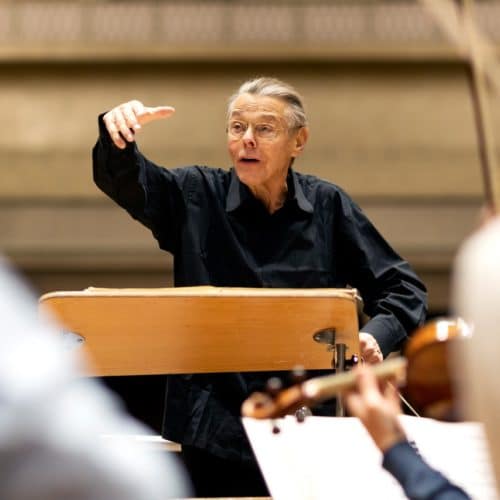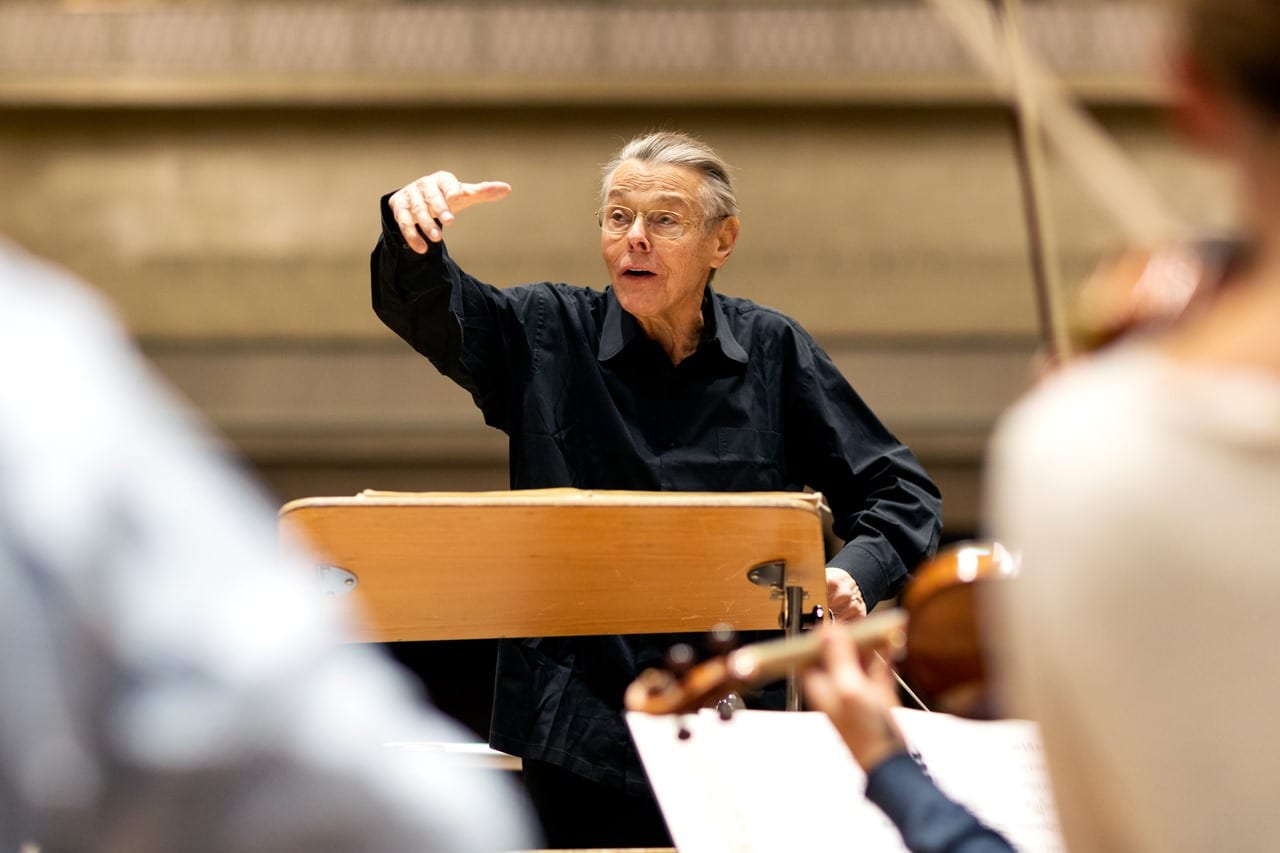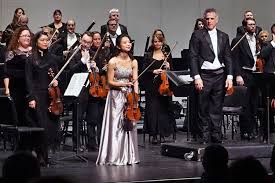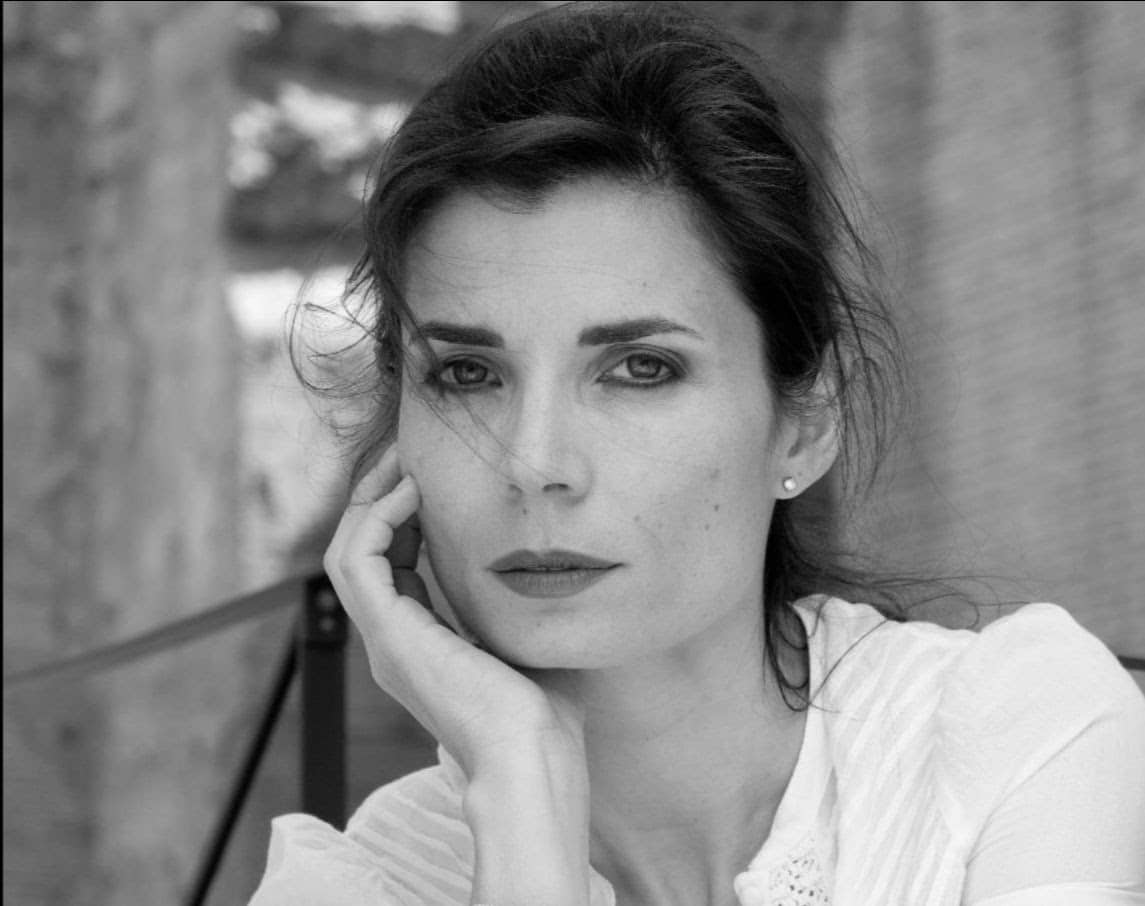Concertgebouw faces seven lean years
mainThe combative Dutch commentator Peter van der Lint has taken issue with the orchestra’s incompetence at attracting a new chief conductor, pointing out that it seems likely to go at least seven years without a chief in the podium.
He suggests, as I have done, that it may be time for the title to be abolished: Perhaps it is time to throw the very expensive institute of the chief conductor overboard.
Read here.







Comments